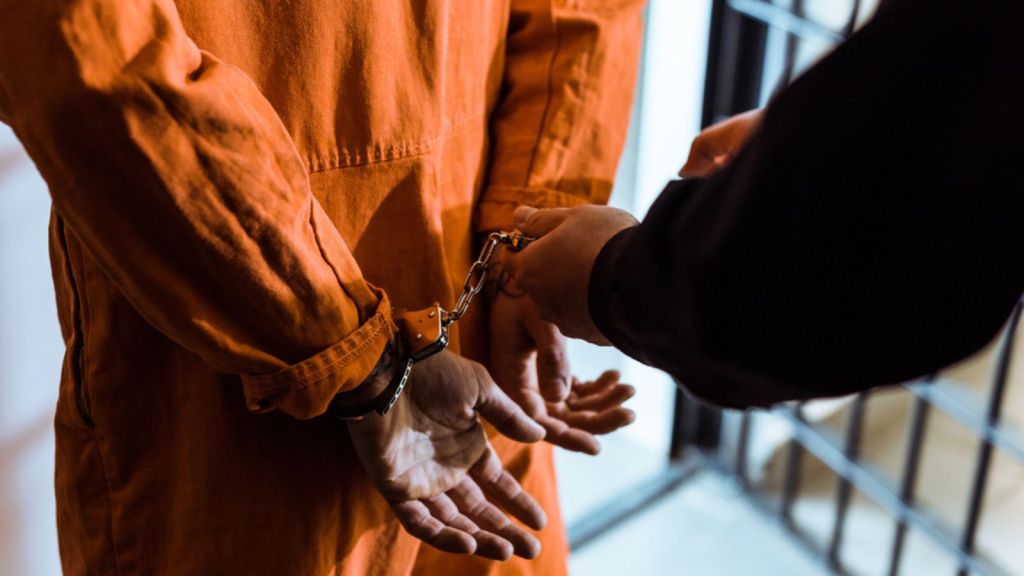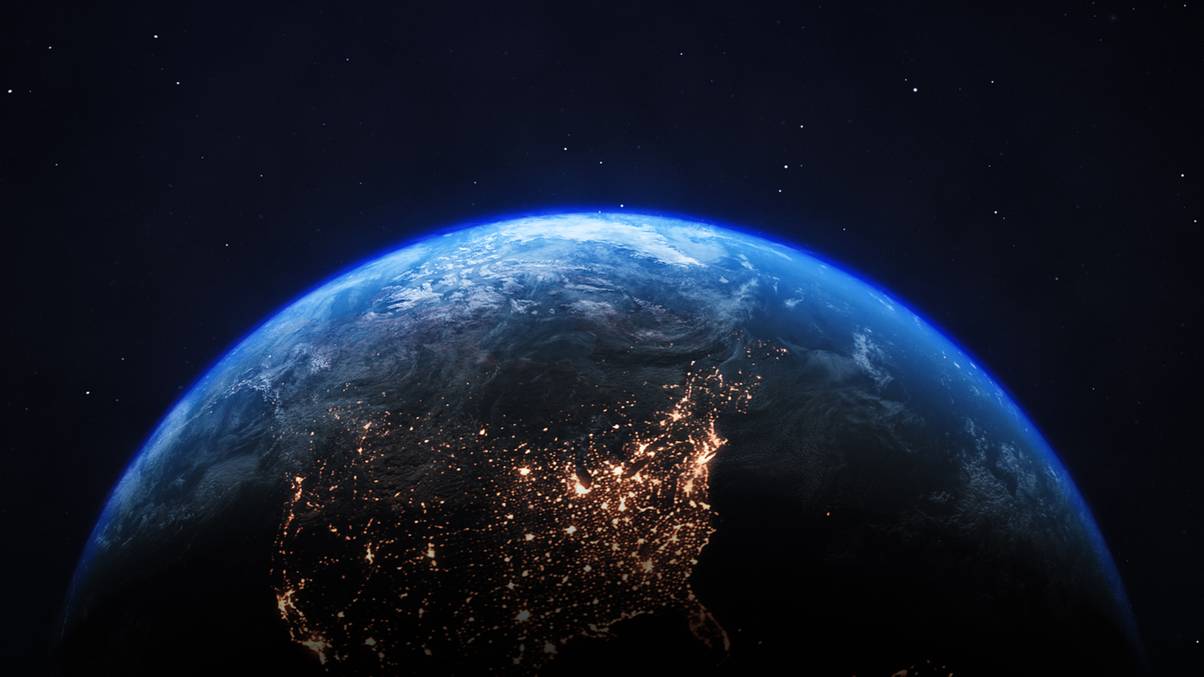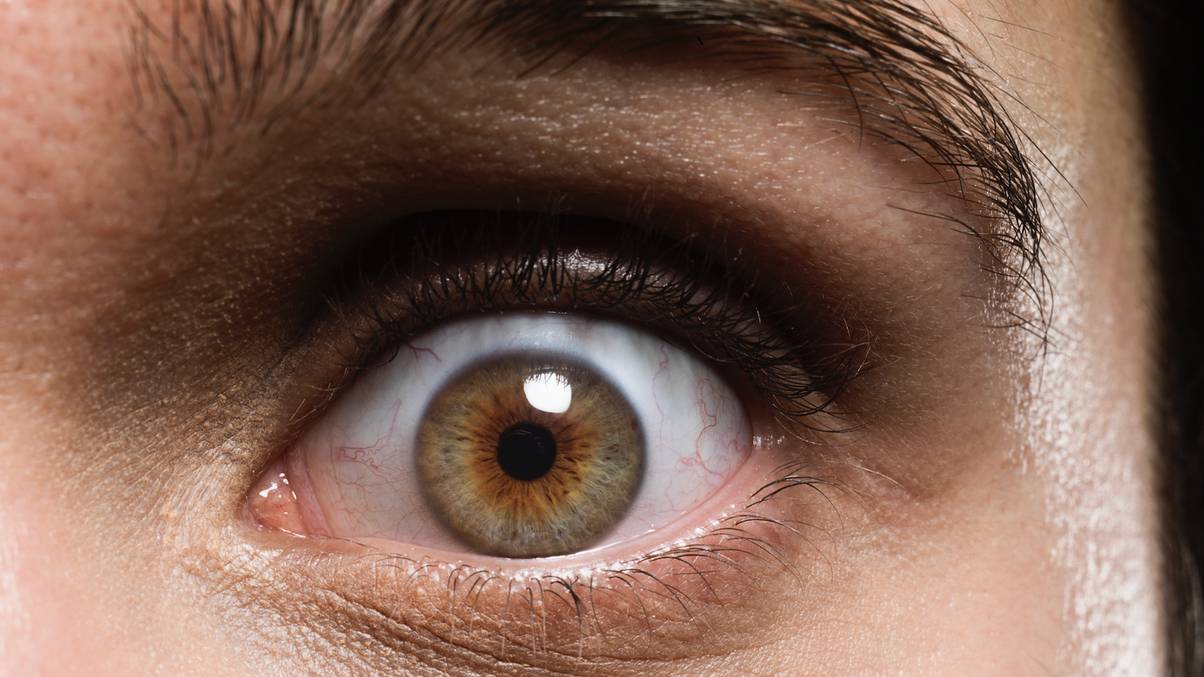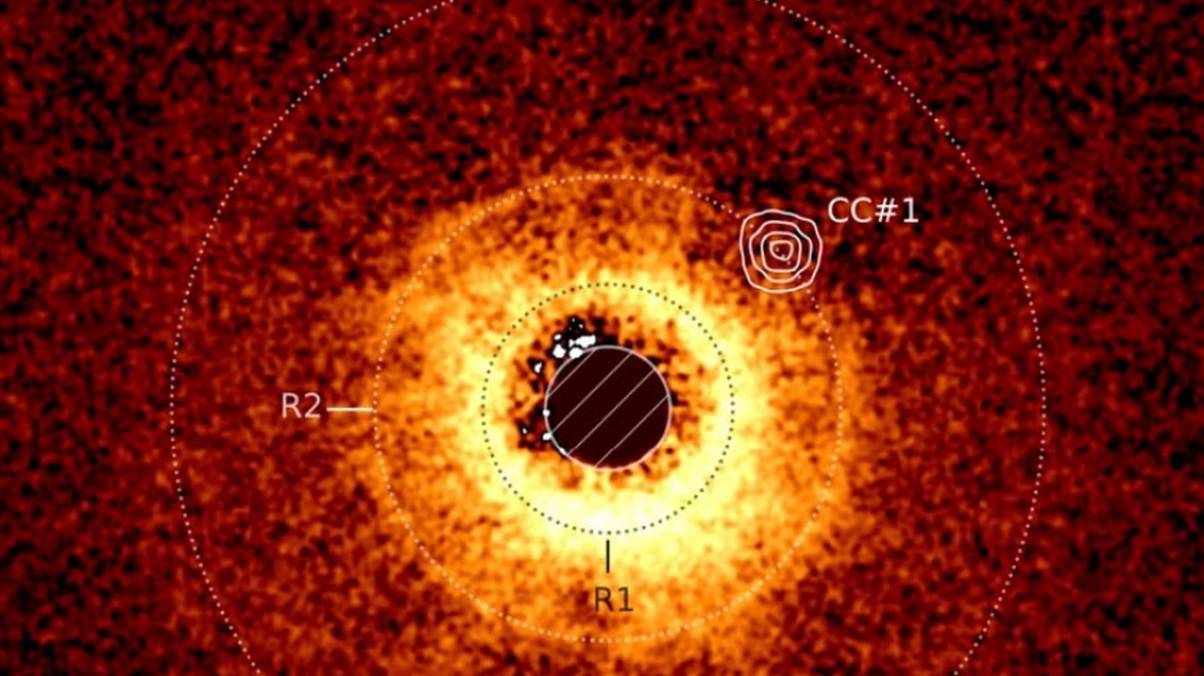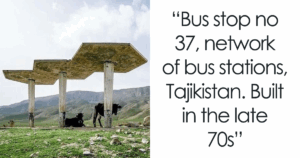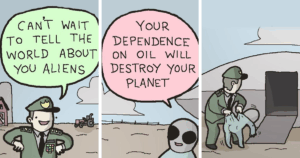“Unveiling the Dark Secrets: 14 Startling Truths About America’s Prison System You Never Knew Existed!”
12. Prison Labor is Often Compulsory and Low-Paying


Incarcerated individuals in the U.S. are required to work, often for as little as a few cents per hour. They perform various tasks, from laundry services and food preparation to producing license plates and cleaning up highway medians. While some argue that this work helps inmates develop skills, others see it as exploitative, given the exceptionally low wages and lack of choice in employment.
Prison labor has sparked a national debate over its ethics and legality. Supporters claim it provides structure and a sense of purpose, while critics argue it undermines fair labor standards and disproportionately affects minority communities.
13. The Prison System Has a Large Environmental Footprint


The U.S. prison system contributes significantly to environmental issues, including high water and energy consumption along with excessive waste generation. Many prisons were built decades ago and lack modern infrastructure, which can lead to inefficiencies and environmental hazards. For instance, some facilities struggle with wastewater management, and overcrowding exacerbates these environmental strains.
Efforts to “green” the prison system are slowly emerging, with some facilities adopting recycling programs and exploring renewable energy sources. However, limited budgets and a focus on security over sustainability often hinder meaningful progress.
14. Many Inmates are Detained Pre-Trial


There are more than 400,000 people held in U.S. jails, in pre-trial detention, meaning they have not been convicted of a crime. These individuals are often detained simply because they cannot afford bail, which has led to criticism of the bail system as being unfairly punitive for low-income defendants. The inability to pay bail can result in weeks or even months of detention, disrupting lives and contributing to job loss and family instability.
